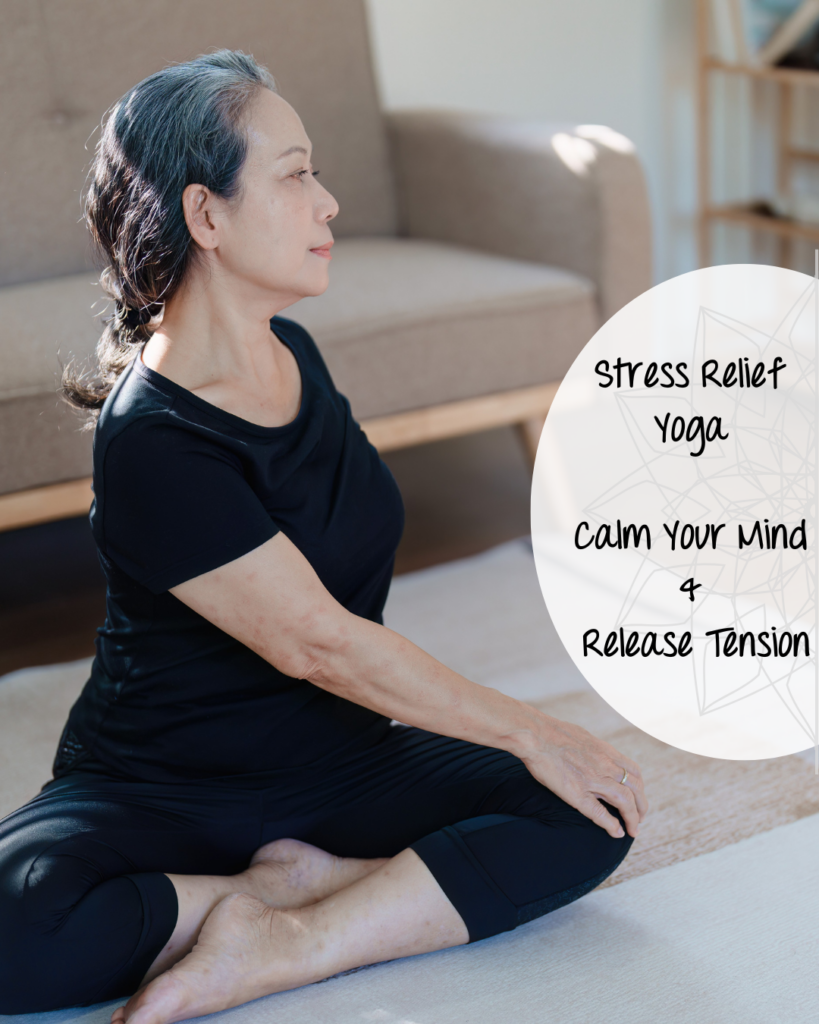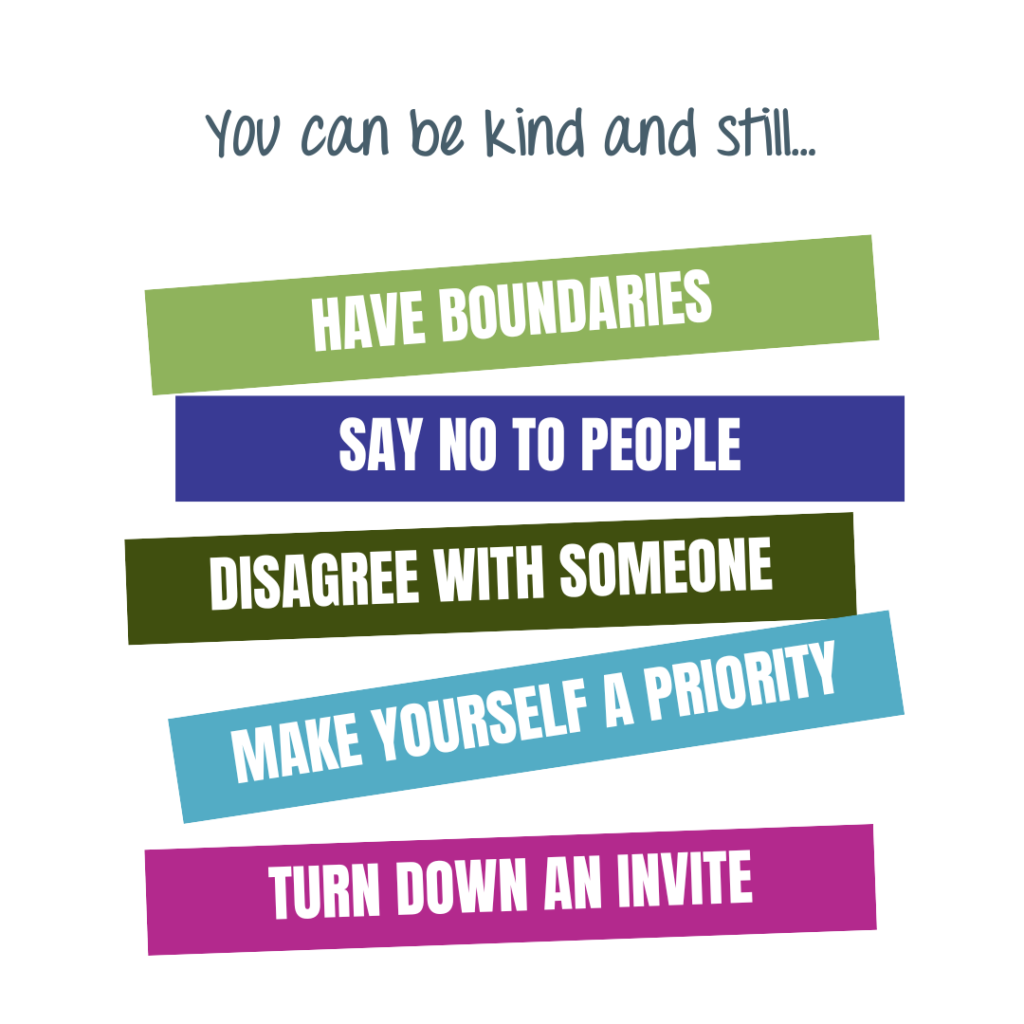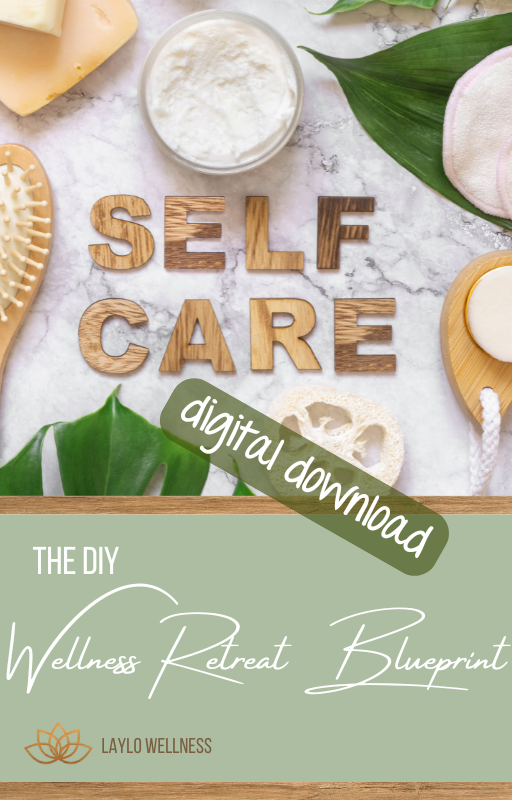Resilience vs. Micromanaging

Mental resilience isn’t about avoiding problems—it’s about developing the capacity to handle them.
Life doesn’t grant immunity from challenges, no matter how carefully we try to curate our environment. Conflict arises, stress builds, and difficult people cross our path.
The solution isn’t retreat. It’s expansion—strengthening our ability to stay calm, centered, and capable even when life gets difficult.
The High Cost of Avoidance
It’s tempting to remove every stressor possible: declining invitations, cutting people off, steering clear of conflict. But avoidance isn’t a long-term solution—it’s a short-term relief that often leads to greater stress over time. Studies show that chronic avoidance can increase anxiety and reduce overall well-being. A 2022 study published in The Journal of Anxiety Disorders found that avoidance behaviors contribute to a heightened stress response, making individuals more reactive to future challenges.
For Gen X women, the stakes are especially high. Many are managing careers, family responsibilities, and personal goals simultaneously. The American Psychological Association reports that women in this demographic experience some of the highest levels of stress, often due to caregiving roles and workplace demands. Without resilience, stress accumulates, affecting everything from physical health to emotional well-being.
Boundaries vs. Avoidance: The Key Distinction
Boundaries and avoidance are often confused, but they serve entirely different purposes. Boundaries are proactive; they define what is acceptable and protect energy without cutting off connection. Avoidance, on the other hand, is reactive. It seeks to eliminate discomfort rather than manage it.
Consider these differences:
- Boundaries say: “I won’t take work calls after 8 PM.”
- Avoidance says: “I’ll ignore my phone altogether because I don’t want to deal with work.”
- Boundaries say: “I choose to engage in meaningful discussions rather than getting caught in gossip.”
- Avoidance says: “I won’t go to the event at all because I might have to interact with difficult personalities.”
A life built on avoidance shrinks over time. Read that again. We want more out of life. A life built on boundaries expands, creating space for growth while maintaining stability.
The Health Impact of Poor Resilience
A lack of mental resilience affects more than just mood—it has measurable health consequences. Studies have linked chronic stress to cardiovascular disease, immune dysfunction, and cognitive decline. The Harvard Study of Adult Development, one of the longest-running studies on well-being, found that individuals with strong stress-management skills live longer, healthier lives compared to those who struggle with emotional regulation.
For Gen X women, the risk of stress-related illness is significant. The National Institute on Aging reports that midlife stress is associated with higher rates of hypertension, diabetes, and even dementia later in life. Developing resilience isn’t just about emotional balance—it’s a critical factor in long-term health.
Why Connection Matters More Than Ever
While internal strength is crucial, external support is equally important.
Relationships provide a buffer against stress, yet many professional women report feeling increasingly disconnected as they move through life.
Research from the American Journal of Health Promotion found that women with strong social ties experience lower levels of cortisol (the stress hormone) and better overall health.

Friendships also play a key role in cognitive health. A 2023 study from the Journal of Neurology found that women who maintain strong social connections in midlife have a significantly lower risk of cognitive decline. Engaging in meaningful conversations, sharing experiences, and offering mutual support strengthens both emotional and mental resilience.
Expanding Resilience: A Practical Approach
Building resilience isn’t about toughening up or pretending stress doesn’t exist. It’s about developing tools to handle life with greater ease.
1. Reframe Challenges as Growth Opportunities
Instead of viewing stress as a threat, see it as a chance to develop new skills. Studies show that a growth mindset improves emotional regulation and reduces anxiety.
2. Strengthen Emotional Regulation
Mindfulness practices, breathwork, and cognitive flexibility exercises help maintain composure in difficult situations. Neuroscientists have found that individuals who practice emotional regulation techniques show lower activity in the brain’s fear center (the amygdala), making them less reactive to stress.
3. Maintain Intentional Social Connections
Investing in high-quality relationships rather than increasing social interactions for the sake of it makes a significant difference. The quality of support—not just its presence—affects resilience.
4. Set and Reinforce Boundaries
Boundaries should be clearly defined and consistently upheld. They protect energy without isolating or over-controlling life circumstances.
5. Develop a Resilience Mindset
Resilience isn’t about eliminating discomfort; it’s about increasing capacity. Expanding resilience means strengthening the ability to stay calm under pressure, adapt to change, and engage with life fully, rather than shrinking away from challenges.
Avoidance may seem like an easy way to maintain peace, but true resilience comes from engaging with life—not retreating from it. Boundaries provide structure, but resilience provides strength.
By expanding capacity rather than restricting experiences, Gen X women can navigate challenges with confidence, maintain well-being, and build lives that are both fulfilling and sustainable.

You don’t have to choose between success and well-being. Step away from the chaos, reset your mind and body, and realign with what truly matters. Our wellness retreats, online courses, and free resources give you the space to breathe, reflect, and design a life that feels fulfilling—without guilt, without compromise.
Be the first to know about upcoming retreats—join the info list for dates and details.
Let’s stay connected! Follow us on Instagram, Facebook, YouTube, LinkedIn, and Pinterest, and join the LAYLO Shala for exclusive updates and insights.
























